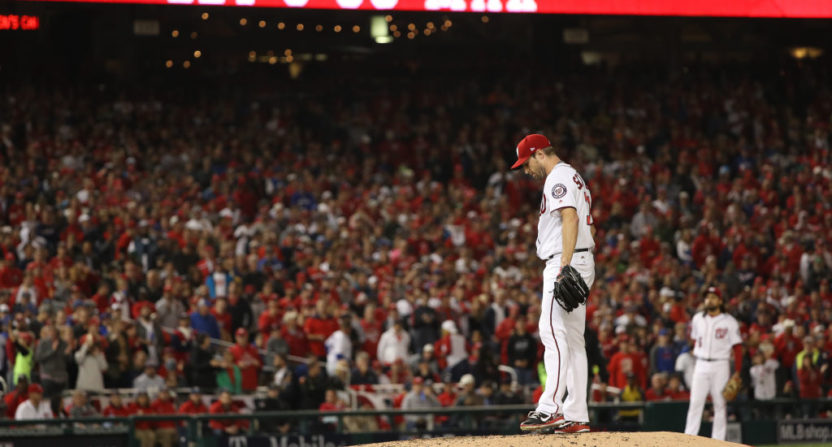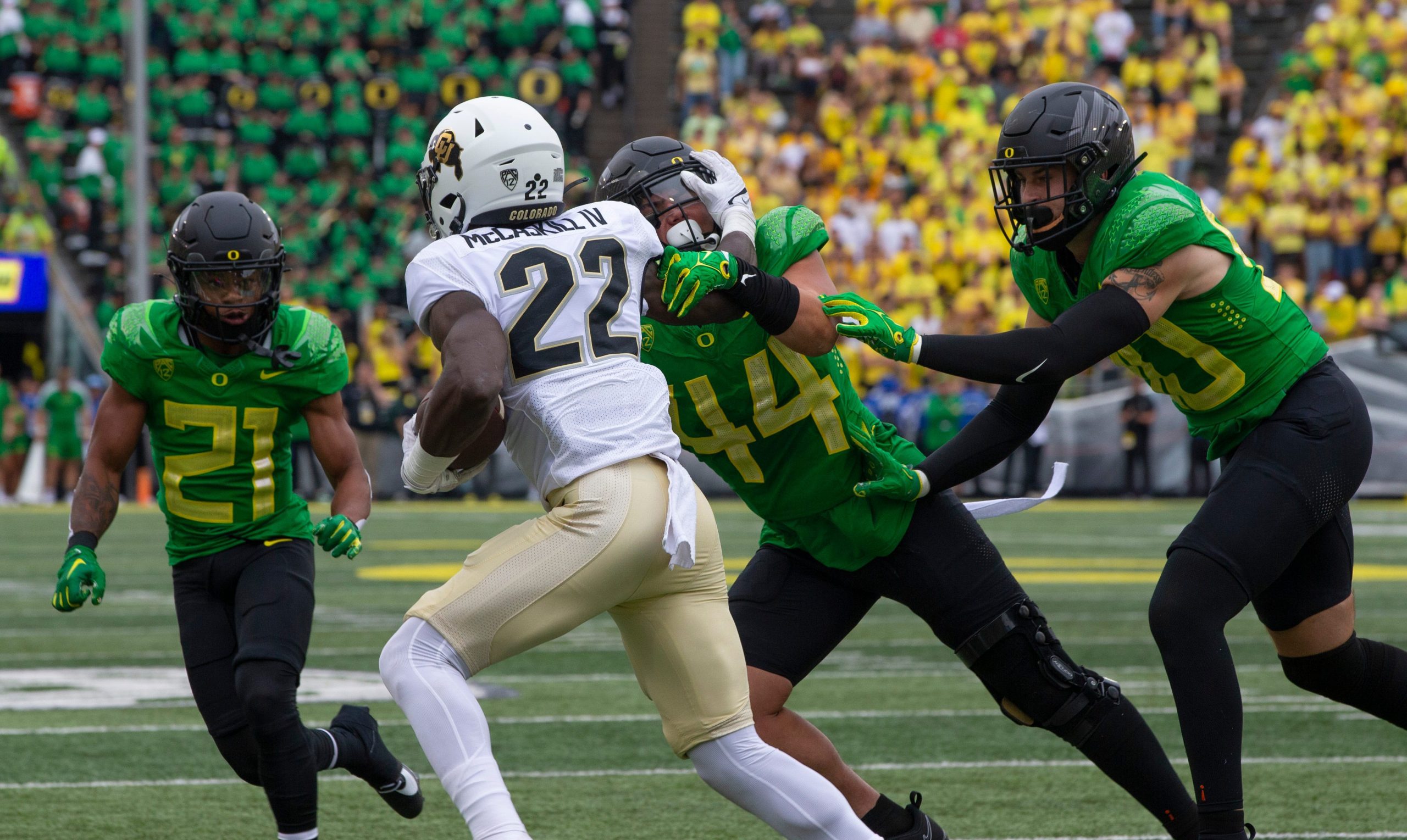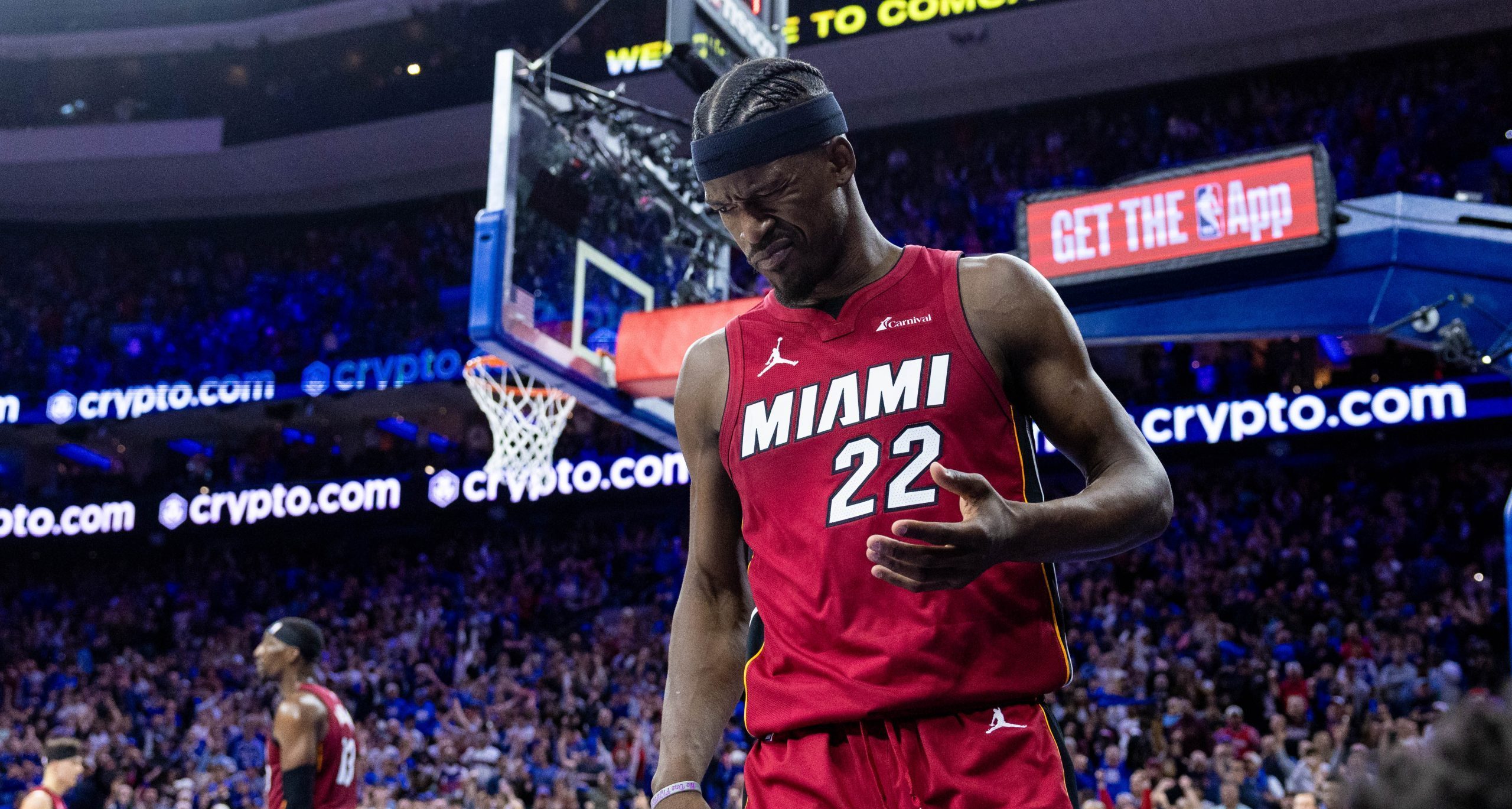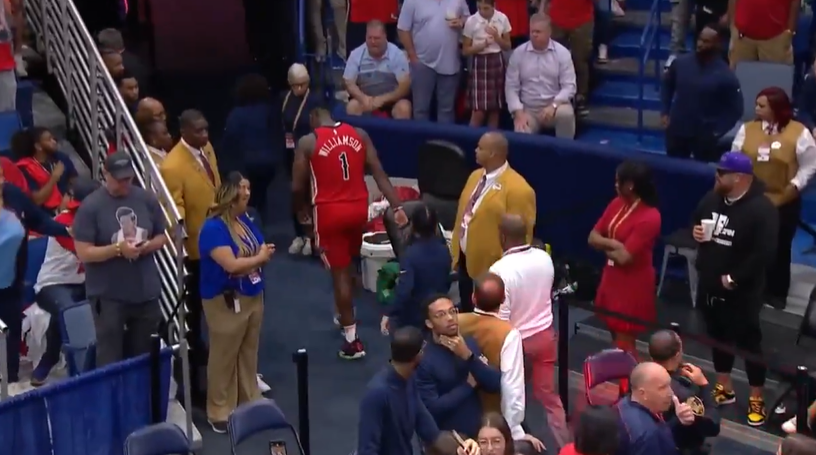For some time now, Major League Baseball has appeared destined to adopt a pitch clock, and it sounds as if the innovation might arrive sooner rather than later.
ESPN’s Buster Olney reported Monday that MLB is pushing for a 20-second clock in time for the 2018 season and is not terribly interested in compromising. Minor-league baseball has used a 20-second clock for the past three seasons. Via ESPN:
After informal conversations between MLB and the players’ union in August, some players walked away from those meetings resigned to the idea that, one way or another, a pitch clock would be put in place for 2018. They wondered, however, if the time between pitches might be negotiated to 22 seconds or 24 seconds.
MLB, however, wants the 20-second pitch clock. And whether the union agrees or not, MLB has the power to implement this and other rules for the 2018 season.
That being said, baseball officials would prefer to successfully negotiate the terms of change with the players this winter. This way, both sides will be committed moving forward.
Though a pitch clock seems to be the obvious move for a league desperately looking to speed up its game, 20 seconds feels pretty drastic. As Olney points out, not a single qualified starting pitcher averaged less than 20 seconds between pitches in 2017, and the league average was 23.5 seconds. This new rule would not only force the slowest pitchers to speed up, it would affect everyone in the game.
Then again, minor-league pitchers seem to have adjusted just fine, and as more hurlers who came up with the pitch clock are called up to the Majors, the league will fill up with guys who have known nothing but a 20-second limit. Even if veterans complain, they won’t be around forever, anyway.
What’s clear is that MLB needs to do something to speed up games that increasingly last too long, and incremental moves like killing the intentional walk are not the answer. A pitch clock — whether 20 seconds, 22 seconds, 24 seconds, whatever — can only help.
[ESPN]






